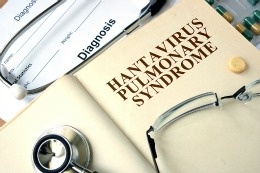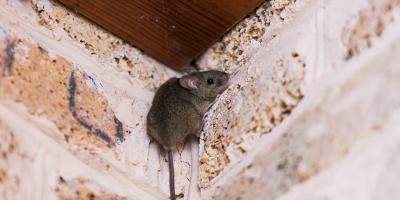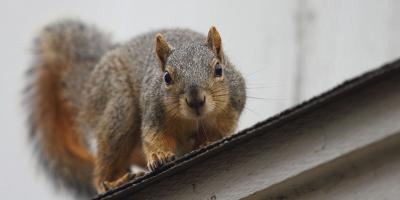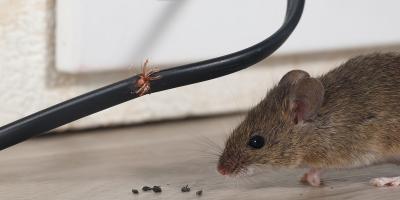The Connection Between Rodents And Hantavirus Pulmonary Syndrome

Hantavirus, short for Hantavirus Pulmonary Syndrome (HPS), is a potentially fatal virus that can be spread to humans from rodents. The virus is contained in the urine, droppings, and saliva of mice. HPS can be contracted if you inhale airborne particles, or come in contact with the waste products of mice before touching your mouth or nose. You can also contract HPS from a rodent bite or from eating contaminated food.
Hantavirus has a mortality rate of about 38 percent. Catching signs of the virus early can be difficult since symptoms typically present themselves one to five weeks after the disease is contracted. If there is a rodent infestation anywhere in or around your home, you are at risk for contracting HPS. Since the disease is carried by four different species of rodent, HPS can threaten lives virtually anywhere in the United States.
What Species Of Rodents Carry HPS?
Only certain kinds of rodents can carry viruses that cause HPS in humans. In North America, the deer mouse, the white-footed mouse, the rice rat, and the cotton rat are responsible for nearly all cases of HPS. Since it can be difficult to determine if a mouse or a rat carries hantavirus, it is recommended that humans completely avoid all contact with rodents. Any nests, droppings, and urine should be cleaned up safely and quickly. Dogs and cats cannot spread hantavirus infections to humans.
What Are The Symptoms Of HPS?
Generally, symptoms arise within one to five weeks of contracting HPS. These symptoms usually include fever, headaches, fatigue, and muscle soreness. Some time after these initial symptoms, affected individuals might also experience nausea, vomiting, diarrhea, and dizziness. Usually, hantavirus does not cause runny nose, sore throat, or rashes. If any of these symptoms arise after handling rodents or rodent waste, contact a physician immediately.
How Can HPS Be Prevented?
Obviously, keeping mice and rats out of your home is your first priority. If your house has an infestation, extermination might be necessary. Clean up mouse and rat droppings or urine with disinfectant or a mixture of bleach and water. When cleaning rodent waste or nests, always wear rubber or plastic gloves. Throw any hazardous materials into sealable trash bags and immediately dispose of them. Mop or sponge the newly cleaned areas with disinfectant, and wash your hands thoroughly when finished. Note that sweeping rodent waste can cause particles to become airborne, which dramatically increases your risk of contracting HPS.
Have you spotted rodents in your house? The experienced professionals at JP Pest Services can prevent and exterminate mice and rats from your home quickly and completely! Contact JP Pest Services to request a free residential estimate today.



